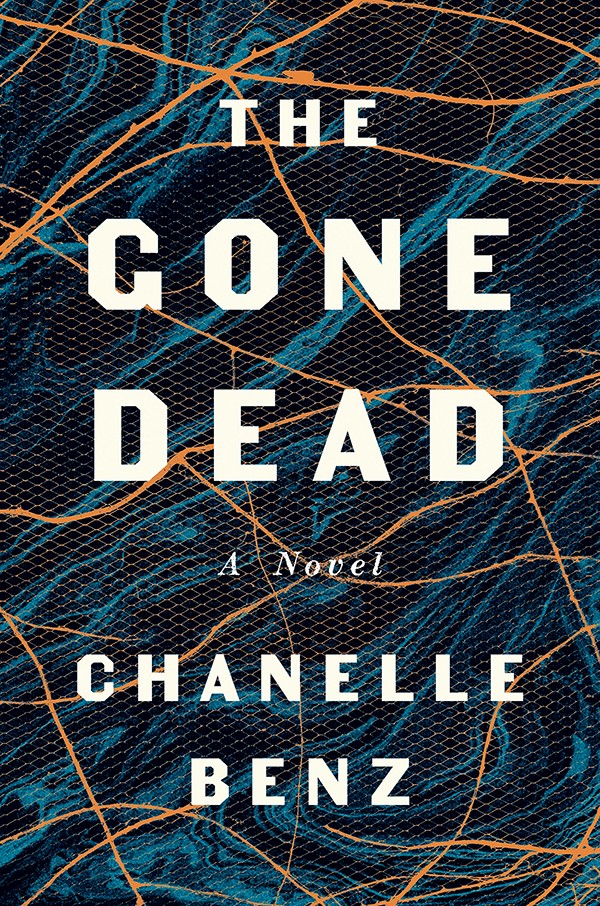Stories grow with the telling, twisting as they mature to enhance the truth or to obfuscate it. “That’s what history is, right? Just a compilation of stories,” says Chanelle Benz, setting up the importance of history, memory, and justice deferred in her new novel The Gone Dead. The novel is set nearby, in the Mississippi Delta, and deals with old wounds long-neglected and unable to heal.
 Andrew Hamilton
Andrew Hamilton
Chanelle Benz
Benz will discuss her new novel about race, justice, and memory with fellow Rhodes College professor Marshall Boswell as part of the Lit & Libations series at Novel bookstore on Tuesday, June 25th.

“I got interested in the things that we think that we remember and whatever that truth might be and the space between the two,” Benz says. “Our memories are reconfigured based on the story that we’re telling ourselves about ourselves, our own mythology.” As the novel opens, 34-year-old Billie James confronts her own mythology when she moves back to the Delta after she inherits her long-dead father’s house, only to find that the circumstances around his death may not have been what she’s always been told.
While dangerous, though the lie is so much simpler, Billie is compelled to search for the truth. “I think it’s very important the story gets told,” Benz says. “It’s important we unearth these histories [that] complicate our national history.
“There are parallels with our present political and cultural moment,” Benz says. “If there’s not a reckoning, there can’t be a reconciliation. There can’t be any sort of real healing.”
Lit & Libations: Chanelle Benz discusses and signs her novel The Gone Dead in conversation with Marshall Boswell at Novel, Tuesday, June 25th, 6 p.m.